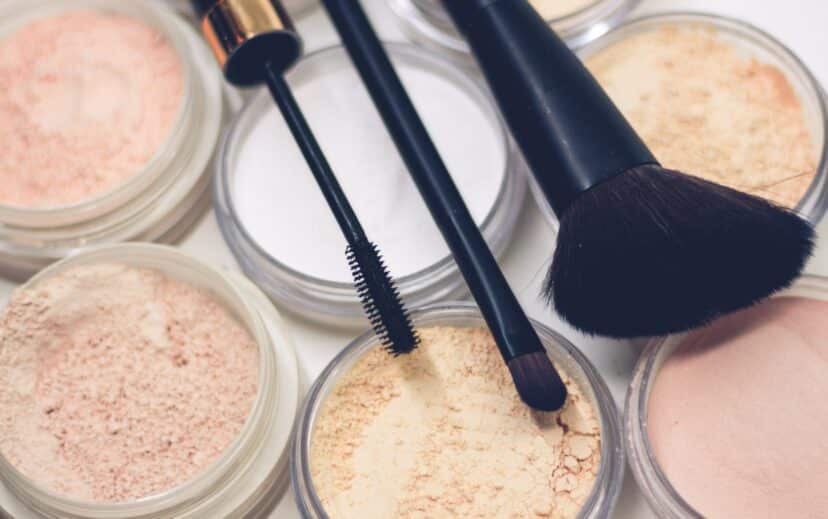There has never been a more lucrative time to start a skincare or beauty line. Once you have an idea for that innovative skin cream formula or a revolutionary new lipstick, what should be your next steps? Similar to when starting a fashion line, there are fundamentals to starting a business that skincare and beauty brand founders should keep in mind.
Setting Up a Business Entity
No matter what type of skincare or beauty brand you are looking to launch, the first step is setting up a business entity. This includes choosing a name.
The basic business entity options for a skincare or beauty company creator to choose from when deciding how to operate their business include a sole proprietorship, a partnership, a limited liability company (LLC), a S corporation (S-Corp) or a C corporation (C-Corp). However, for those looking to create sustainable and ethical lines, there is also an option known as a benefit corporation (B-Corp).
While B-Corps still look to make a profit, they must balance that goal with also meeting specific social and environmental standards. To become a certified B-Corp, a business entity has to become certified and comply with standards in categories such as governance, workers, the environment and community.
There are a lot of factors to consider when selecting which kind of business entity is best for your company. An attorney will assist with the formation of the business entity that will best meet your business needs and will provide legal advice and consultation about proper procedures. In the long run, this could save you and your new skincare or beauty business a lot of time and money.
Branding and Other Intellectual Property Issues
The next important step in starting your skincare or beauty line is to determine your branding and potential intellectual property assets. This includes creating your business’ name, symbol and logos. In addition to registering the name of the company as a trademark, source identifiers such as the line’s logo, color or even distinctive packaging should also be registered whenever it is feasible. Registering these trademarks allow the consumer to recognize which products are part of your company and protects you if someone tries to copy your trademark.
Skincare and beauty lines can also have patents, trade secrets or copyrights as part of their intellectual property portfolio. Utility patents could be useful when your skincare or beauty product formulas and techniques are innovative and novel. As patents have an expiration date, you could also look at protecting your secret formulas as a trade secret (think the Coca-Cola recipe). While acquiring copyright protections is not as common in the skincare and beauty product world, you may be able to register for a copyright in select instances, such as an original piece of art being featured on the product label.
Draft Contracts
After setting up your business entity, establishing your skincare or beauty line’s branding and registering its’ intellectual property, you will need to draft various contracts. Whether your brand has a large customer base right away or you’re starting off with orders from your own network, a well-drafted service agreement is a great place to start. Service agreements outline the specifics of each deal, such as the intellectual property ownership rights or payment procedures, and detail what is expected from the relationship between your business and the client or whoever else your business may interact with.
Your new skincare or beauty company will also need a variety of other types of contracts. These could include contracts with manufacturers, suppliers, retailers and employees.
Create Accurate Advertisements
Now that your skincare or beauty line is developed, it’s time to think about advertising. What better way to show off your product’s unique features then by showing some “before and after” photos or sharing how your products will help consumers look and feel younger? As you decide what direction to take your advertisements in, one thing to be aware of is false advertising.
False advertising, or misleading, deceptive or false statements, are illegal under both federal and state laws. You could get in trouble for saying something that is untrue or by even implying something that is false. When creating the advertisements for your skincare or beauty line, be sure to only include truthful information and to not include misleading claims, for example, by saying that your skincare line is scientifically proven to make someone look 20 years younger. False advertising laws can be complex but an attorney can help you create advertisements that both are truthful and create demand from consumers.
Conclusion
Starting a skincare or beauty line should be an exciting endeavor. An experienced attorney will be able to assist you with navigating the legal ins and outs of starting your line, allowing you to focus on the parts of the business you do best.






